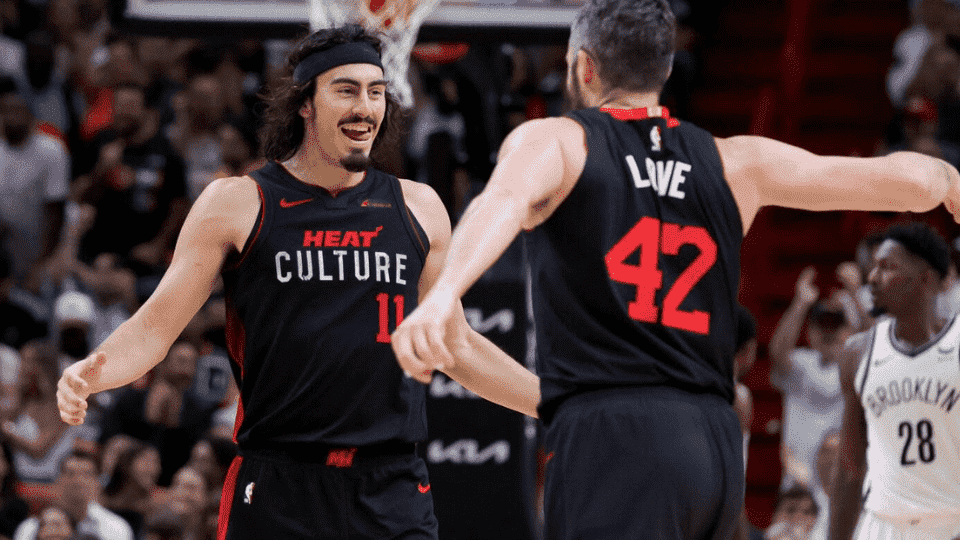
Click on the play button to listen to the audio version.
I once read that sports are a universal language. Regardless of ethnicity or what language you speak, almost everyone speaks sports. No place has that been more evident than the Olympics, where every four years, we are moved by images of athletic rivals from around the world shaking hands and embracing each other in moving displays of sportsmanship.
I have always been a sports fan, and my dad is the biggest sports fan I know. Sports have always been a part of my life, and I am happy I passed that passion on to my children.
I wrote a blog the week that Kobe Bryant died where I described how Kobe’s achievements on the court added to the life-long bond that I have shared with my father and my son. Even though I like the Olympics, I had never made a mental connection between my Latino heritage and my passion for sports until Kobe’s memorial shortly after his passing. More than 20,000 fans attended the event at the Staples Center, and I swear the large majority of them were Latino! Young and old, they filled the streets of downtown LA dressed in their favorite Kobe t-shirt or jersey.
When most people think of Latinos and sports, they think of soccer. There is no doubt soccer reigns supreme in most Latin American countries, but in the U.S., I’m not so sure. Latino passion for baseball has helped make the Los Angeles Dodgers and the San Diego Padres the first and third most successful franchises in attendance and revenue. Basketball and NFL football aren’t far behind. This past week, Nielsen put out some data on ESPN basketball viewership showing that Latino viewership in the past year had grown ten times the pace of other ethnic demographics.
Latino fandom leads to greater Latino participation in sports. It makes sense. If you are a kid and your favorite athlete is Lebron James, you’ll probably want to play basketball. Thirty years ago, there weren’t many Latinos playing basketball at the college or professional levels, and while the numbers are still relatively small, they are growing. Next to Victor Wembanyama, LA native Jamie Jaquez from the Miami Heat is the most popular rookie in the NBA. Not surprisingly, Jaquez, who is of Mexican descent, said that his favorite athlete growing up was Kobe Bryant.
The NFL, arguably the strongest marketing machine in all professional sports, is slowly starting to wake up to the opportunity. They hired Marissa Solis away from Pepsi to lead their global marketing efforts and are already making an impact on the NFL’s focus on the Latino segment.
There isn’t much data on Latino fandom, which may be why professional sports leagues and companies like Nike have been slow to capitalize on what is probably their greatest opportunity for fan and revenue growth in the coming years. My guess is that the data will soon show that because of their youth and vitality, Latino sports fans have the greatest lifetime value in the sports industry of any ethnic demographic in the U.S.
So why is this important? Sports are incredibly influential to American culture, especially for our youth, and possess a great opportunity to showcase Latinos in a positive light. Additionally, sports is a big business, and the business of sports touches several other business sectors, including media, fashion, and even technology. Therefore, it is not only important to see more Latino athletes on the court and playing field; it’s equally as important to start seeing more Latino coaches, executives, and owners.
Social media has helped make sports even more popular and made people hungrier for human connection. There are few places where people can connect with one another with more joy and passion than a live sporting event. For these reasons, I expect the overall popularity of sports to grow in the coming years, with Latinos leading the way at all levels.
